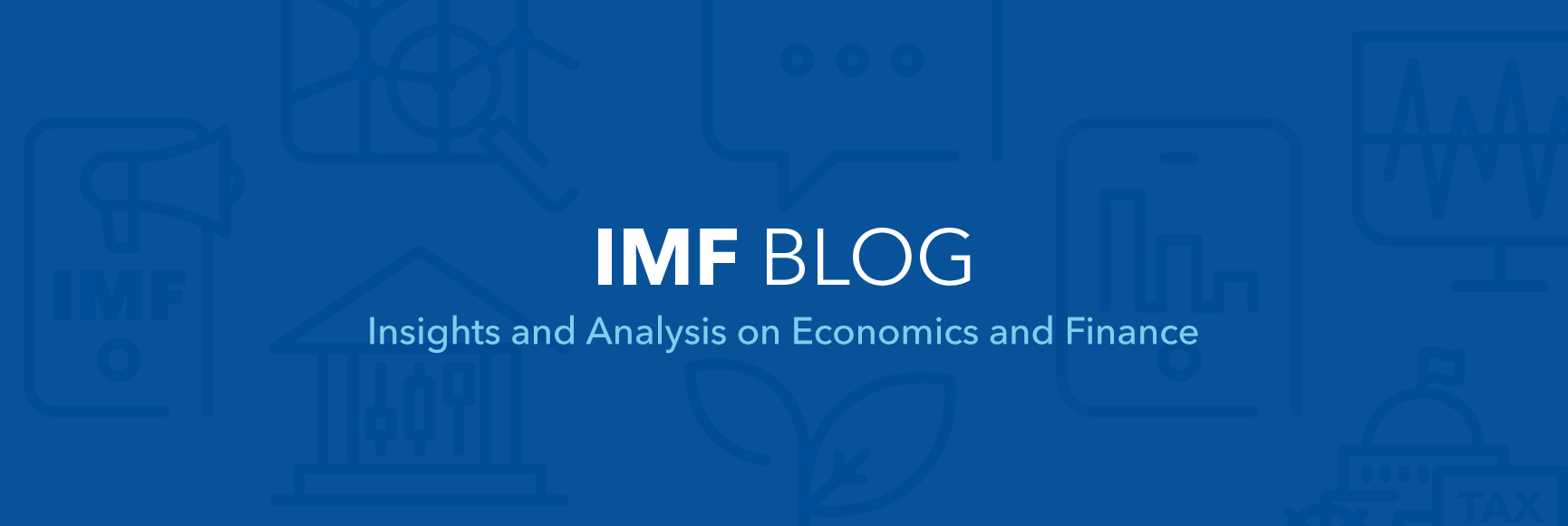The issue of reviving or maintaining economic growth is a the forefront of policymakers’ minds all around the world. Of course, the policies needed to achieve that differ from region-to-region, country-to-country.
For many countries in Africa, weak infrastructure is an obstacle to raising growth.
In a recent interview with IMF Survey online magazine, Andrew Berg of the IMF’s Research Department (and one of our contributing bloggers) discusses the challenge of overcoming what he calls a “tremendous infrastructure deficit”, an issue that “affects all levels of society and all aspects. It affects health, education and growth.”
The issue is complicated further by the many competing demands these countries face. “We are talking about the need for infrastructure development, but we could be talking about how incredibly important it is to spend on AIDS, health, education, or any number of things,” says Berg.
Berg suggests that Africa can step up investment in its infrastructure by augmenting traditional sources of financing (such as aid) with foreign borrowing and private investment. Yet, he cautions that tapping alternative sources of financing is not a cure all.
Read the full interview to hear his take on the pros and cons of foreign borrowing for infrastructure investment, and the risks that need to be managed to ensure that additional borrowing can be repaid and that infrastructure investment translates into growth.
Listen to the interview here.
Related reading:
- Paul Collier on Building an African Infrastructure: http://www.imf.org/external/pubs/ft/fandd/2011/12/collier.htm
- Antoinette Sayeh on The Quality of Growth: http://www.imf.org/external/pubs/ft/fandd/2011/12/straight.htm
- Finance & Development on Investing in Growth: http://www.imf.org/external/pubs/ft/fandd/2011/03/Arslanalp.htm
- IMF Survey on Africa's Infrastructure Deficit: http://www.imf.org/external/pubs/ft/survey/so/2010/car072110b.htm




